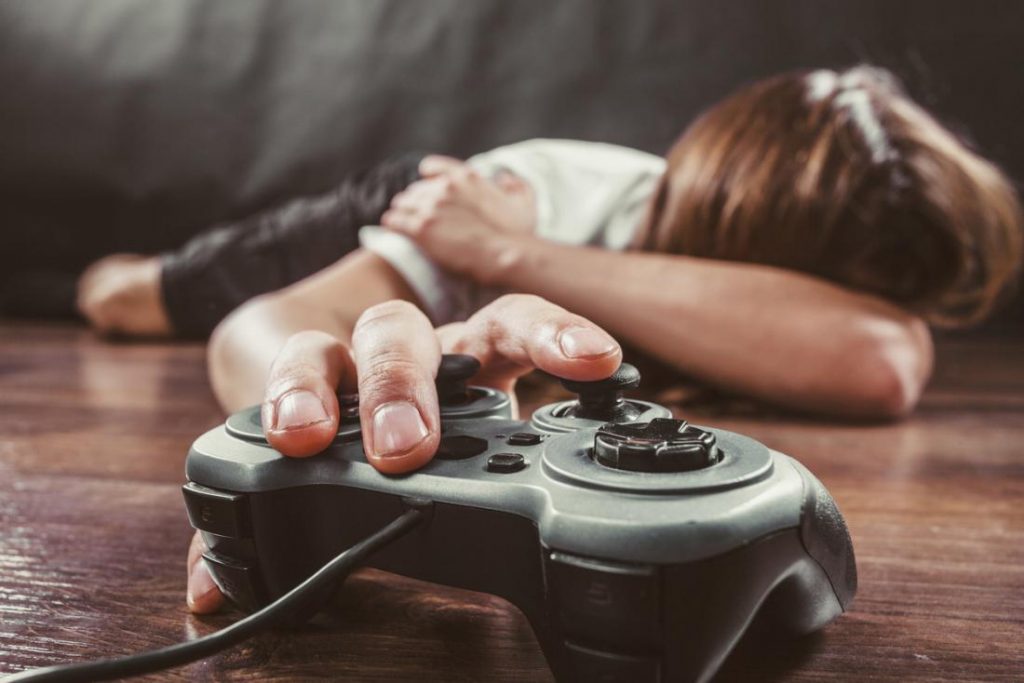Gamers are stereotyped as unproductive persons with slow intellect who have nothing better to do with their time. Parents and teachers tell their children time and time again that they should concentrate on their studies and choose a hobby other than playing video games in their spare time. Games have been often denounced and incorrectly blamed for suicide. It’s past time for people to take gamers seriously and appreciate their important role in brain development.
Games Increase Intelligence
According to a study, there is a link between fluid intelligence and video gaming skill. Contrary to popular assumptions, games serve an important role in the development and maintenance of your brain. According to a study that looked at various video game genres, playing video games is linked to an increase in intelligence level, regardless of the genre. It means that “brain games” aren’t the only ones that can impact IQ.
The Gaming Boom of Late
With the epidemic, the current rise in gaming is to be expected. Due to the urgency of the situation, COVID-19 has put physical and mental constraints on people. Deaths of loved ones, job losses due to the pandemic, persistent anxiety, excessive worrying, and claustrophobia have prompted people to seek an outlet where they may be free of their emotional burdens. As a result, one of the various ways people cope with this mental burden is through gaming.
The closure of brick-and-mortar casinos has also contributed to this surge in gaming. As a result, gamers have resorted to playing games in online casinos because they are more convenient. Online casino games also support mobile devices. In addition to the paid options, several websites offer free matches, such as free Aristocrat slots, so that players can try out other kinds.
How Do Strategy Games Improve Intelligence?
- The playing of strategic games has been connected to a longer attention span. It should go without saying, given that strategic games like Chess necessitate the player’s undivided focus. Regularly playing these games helps the brain develop a good attention span. A strong attention span aids in problem-solving and the development of long-term objectives. The study on the relationship between games and increased attention backs up this claim.
- Playing strategy games daily reinforces neural pathways in our brain, improving our problem-solving abilities day by day.
- Productivity is improved through strategic games. According to research, strategic games improve perceptual processing speed and cognitive flexibility. In another way, gamers are better at gathering information and reacting to it. This ability to make quick decisions is highly valued in the workplace.
- Players’ emotional intelligence is broadened via strategic games. A gamer learns to anticipate victory while also accepting failure, and failure encourages him to try again, this time with a new technique.
- In addition to increasing emotional intelligence, strategy games teach players how to work together. It holds for a wide range of team tasks, from sports to board games to interactive escape rooms like those offered by Lost Games, which are becoming increasingly popular. To complete the game, both parties must work together and ally. The distinction between other game players and strategy game players is that the latter’s goal isn’t only to win the game; it’s also to learn about each other’s unique approaches to the game. It fosters mutual admiration and respect for the other partner, a key aspect of teamwork. As a result, teamwork is an important ability at home and home.
- Strategic games have been linked to treating Alzheimer’s disease in the elderly. Playing mind-stimulating games aids memory retention, which aids in the fight against dementia-related memory loss. Research on the effects of gaming on memory recall backs up this theory. According to the findings, gaming helps keep the brain flexible by creating new neural pathways and strengthening existing ones, with the ultimate goal of improving long-term memory.
- Because of the extensive use of visual cues in game design, another study on the impact of gaming on memory hypothesizes that gaming aids in enhancing visual memory. Patients with memory loss benefit from improved visual memory recall, as do children learning to correlate words with images.
- Because players continually run out of old techniques and discover new strategies and pathways that potentially lead to a solution, strategy games boost creativity. It is corroborated by a study conducted at Michigan State University, which used 500 12-year-olds to see if there was a link between creativity and playing video games. They discovered that children who played video games were better at creating things like stories and drawings.
- Players gain resourcefulness through strategy games, a crucial characteristic identified in highly clever people. Players must “make do” with the few resources available to play the game. They may lose a few resources along the way, but that doesn’t stop them from continuing to play; they make the most of what they have to reach their goal. It is especially crucial in the job or if you’re starting as an entrepreneur.
- According to the findings of this study, games aid in the reduction of prejudice and the formation of objective assessments. As a result, they assist in both long- and short-term decision-making. One of the characteristics of extremely brilliant people is their ability to look at the world without prejudice.
- Strategy games aid in the development of neuroplasticity, which allows the brain to recognize new patterns in old objects and devise original solutions to problems. In complex politics, this aids strategic decision-making.
Conclusion
Playing strategy games might help you extend your thoughts and improve your EQ and IQ. They assist us in making bias-free decisions, addressing complex problems through many methods, maintaining a positive workplace atmosphere through improving teamwork, and aiding memory retention.

